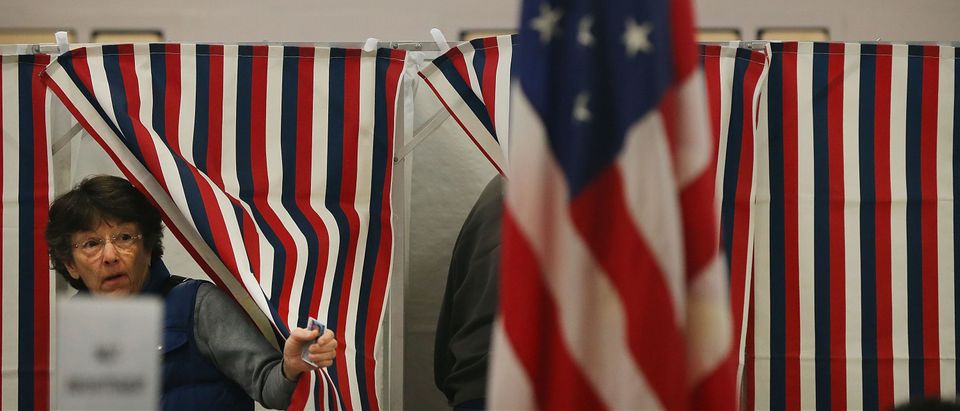One in four registered voters who chose not to vote in 2016 cited their “dislike of candidates or campaign issues” as the reason, the Pew Research Center found.
This number was significantly higher than the 13 percent of those who chose not to vote in 2012. This increase was seen across demographic groups as well (gender, race, generation, location, U.S./foreign born).
Other reasons indicated by those surveyed are “a lack of interest or a feeling that their vote wouldn’t make a difference (15%), being too busy or having a conflicting schedule (14%), having an illness or disability (12%) and being out of town or away from home (8%). Another 11% gave other reasons.”
This should come as no surprise. Last September Pew Research Center posted a study that found 63 percent of registered voters are not too/not at all satisfied with the presidential candidates. Only 35 percent of Democrats and 36 percent of Republicans were some level of satisfied with their choices.
But what the two researchers found to stand out the most was the fact that the “racial and ethnic diversity of voters did not grow for the first time since the ’90s, despite the fact that the overall eligible voting population was the most racially and ethnically diverse ever.”
“Minorities made up a larger share of nonvoters in the 2016 election” — 34 percent, to be exact.


